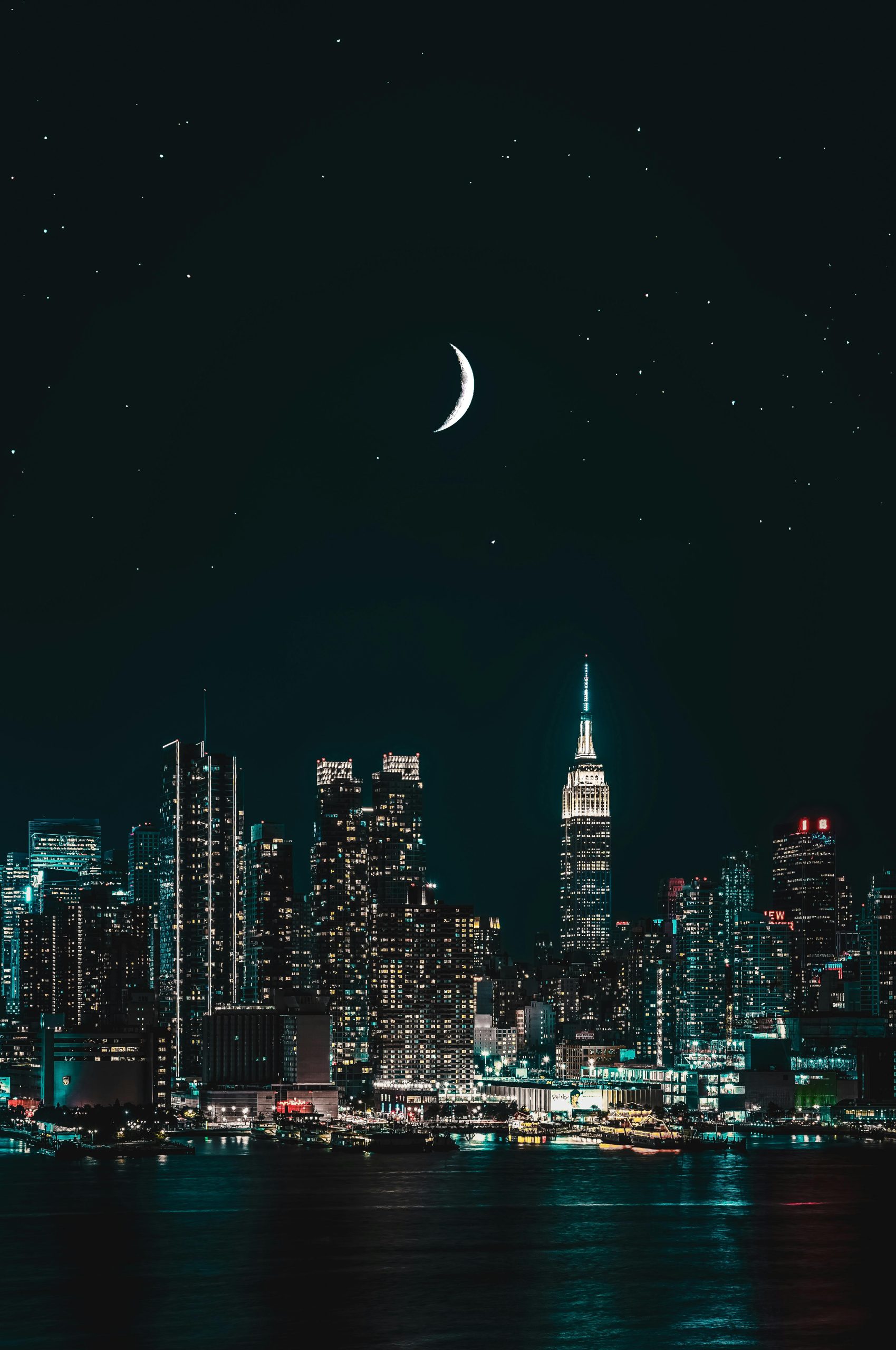Fascinating yet overlooked: An unseen danger challenging our free will
Title: The Hidden Threat to Our Autonomy: How Our Attention Is Under Siege in the Digital Age
In discussions about artificial intelligence, the focus is often on dramatic scenarios: rogue robots, superintelligent machines taking control, or dystopian visions of machines enslaving humanity. These sensational images grab headlines but overlook a more insidious, ongoing threat—one that quietly erodes our free will: the manipulation of our attention.
The core of our perception of reality—the beliefs we hold about ourselves and the world—is fundamentally shaped by the information our senses process throughout our lives. From the languages we speak to the values we hold, our worldview is a tapestry woven from countless bits of input. This is a universal trait among animals with brains, enabling us to learn and adapt over a lifetime, not just genetically through generations.
What truly sets humans apart is our ability to transmit and share complex ideas through symbols—stories, language, writing. This symbolic communication is the foundation of civilization, allowing us to exchange knowledge, culture, and innovations. It’s our greatest strength but also our most vulnerable aspect.
Historically, written language emerged roughly 5,000 years ago, and for most of that period, literacy rates were low. Most people’s worldview was shaped predominantly by direct experience, with only a small portion influenced by the literate elite. Then, television entered the scene—a form of symbolic media that didn’t require reading but still shaped our perceptions. This dramatically increased the influence of mediated information, shifting the balance of worldview formation.
Growing up in 1987, I remember a single household TV, watched only when I chose. Today, screens are omnipresent, and personalized algorithms tailor content to each of us. Our digital environment now adapts in real-time to keep us engaged, knowing us better than we know ourselves. This shift is unprecedented and has profound implications.
Imagine a reality where algorithms understand your preferences, fears, and desires more intimately than your own consciousness. In such a world, a significant portion of your worldview is molded not by your experiences but by curated digital messages. This phenomenon threatens the very essence of free will, turning us into puppets manipulated by unseen forces—cells in a vast, internet-connected superorganism.
This isn’t a distant possibility; it’s already unfolding. Each year, as technology advances, the scope of this influence expands. The real danger isn’t a sudden AI takeover but the quiet, persistent reshaping of our symbolic environment—the stories, images, and ideas














Post Comment